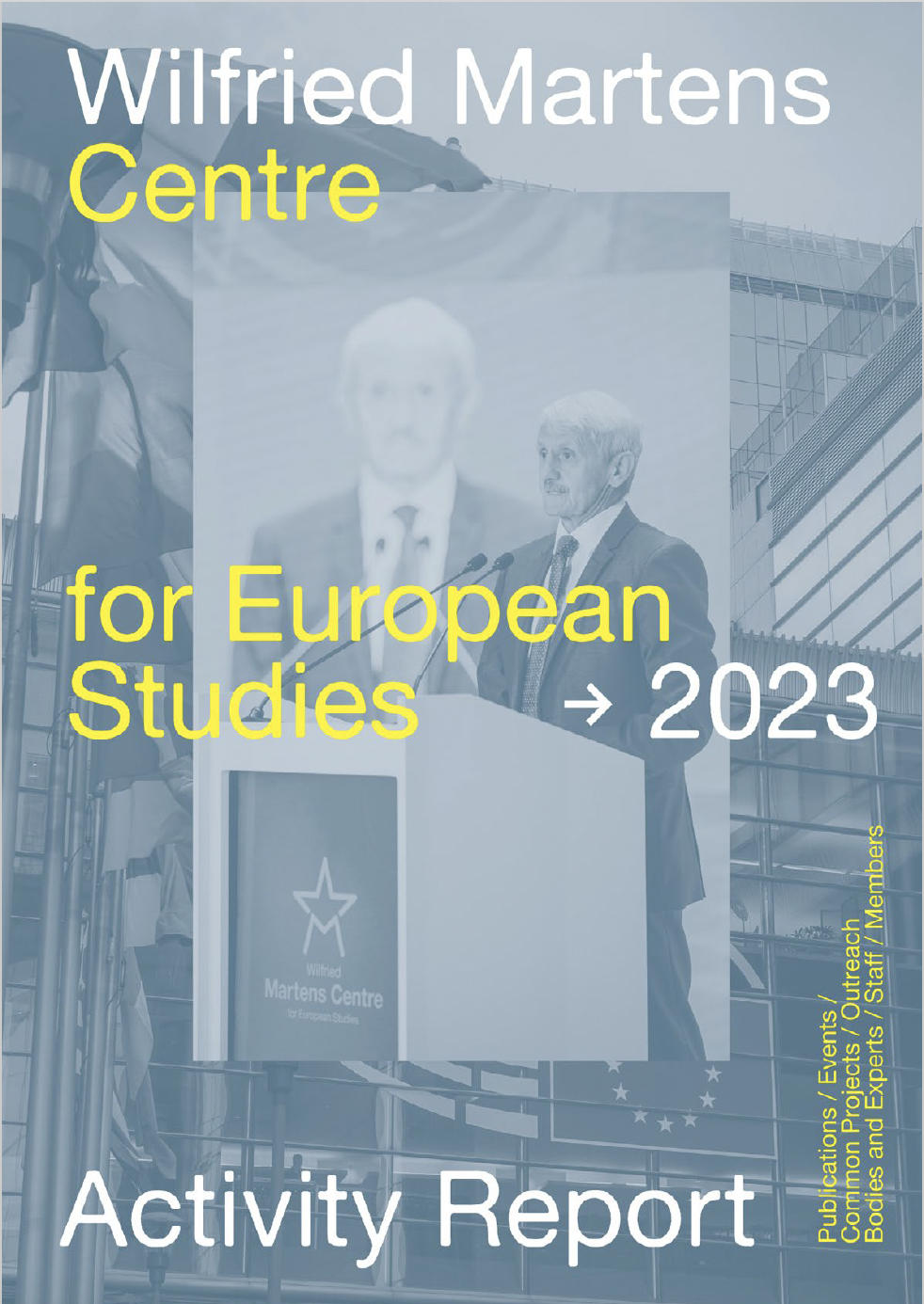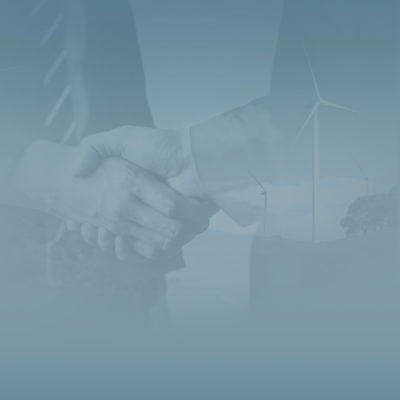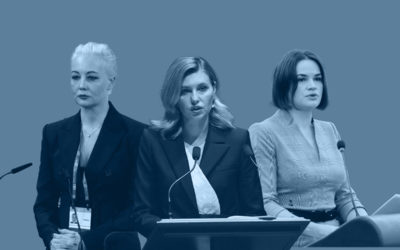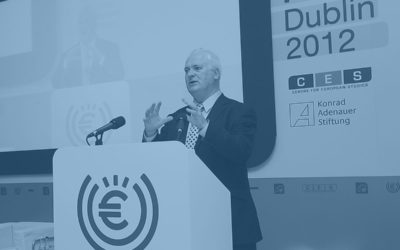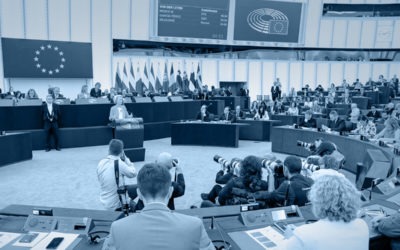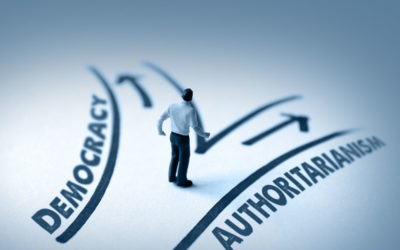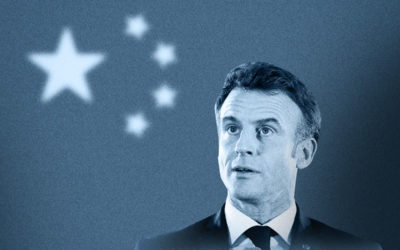The Poroshenko-Saakashvili Saga or why Ukrainian politics is never boring
18 December 2017
Thinking about the basics of human interactions, there is a well-known expression that can explain the purpose of this post: today’s friends can be your enemies tomorrow and today’s enemies can be your friends tomorrow.
At the moment, this expression perfectly describes the relationship between President of Ukraine, Petro Poroshenko, and Mikheil Saakashvili, former President of Georgia, former Ukrainian Governor and more recently (having lost his citizenship) – “the man without a country”.
Last week, the Ukrainian police failed in an attempt to arrest Saakashvili from his own house in Kyiv. This happened because Poroshenko overlooked one of the greatest skills a politician can have: the ability to mobilize civil society and to increase the public salience.
We all know what happened afterwards: thousands of his supporters mobilized extremely quickly in front of his house and “saved” him. However, his freedom did not last long, as he was arrested by the Secret Service last Friday evening, with the prosecutor putting him under house arrest.
The friendship between Saakashvili and Poroshenko goes back to the 1980s, when they were both students at a university in Kyiv. As President of Georgia, Saakashvili was a revolutionary politician, an anti – Putin and pro EU and NATO adept, implementing substantial reforms in the country.
In February 2015, after two presidential mandates in Georgia, he was invited by Poroshenko to lead the International Advisory Council on Reforms. Soon after, he was appointed Governor of the Odessa region, a key port city of Ukraine. By accepting this position, Saakashvili gave up on his Georgian citizenship and he officially became a citizen of Ukraine, emboldening his commitment to Ukrainian politics (not that he had many alternatives, having being convicted in his home country, Georgia, for allegedly using public funds on personal needs).
Everything was running smoothly until November 2016, when Saakashvili resigned from his role as Governor, citing corruption in general, and corruption of the current political elite in particular. That was the end of their friendship. Soon after, President Poroshenko revoked the Ukrainian citizenship of Saakashvili by decree (claiming irregularities in his citizenship application).
According to Ukrainian law, for non-citizens, they cannot be elected to Parliament or lead a political party, meaning he could no longer formally lead the party which he had created, the “Movement of New Forces”.
The allegations he currently faces are that he received half a million dollars from Serhiy Kurchenko, a Ukrainian oligarch close to former president Yanukovych. This is therefore a direct connection to Russia. The alleged purpose of these funds was to organise protests in Ukraine against Poroshenko the ultimate goal of toppling him. After Saakashvili’s arrest, several thousands of his supporters marched through the city centre of Kyiv demanding his release from jail and Poroshenko’s resignation.
There are many factors that make this situation both suspicious and confusing. First, it is quite obvious that Saakashvili’s options after losing his Ukrainian citizenship are quite limited. Secondly, the polls are not giving him much hope for a political career in Ukraine, as he currently commands a mere 1-2% of political support in the country. Hence, the first question is, why are the Ukrainian authorities, namely Poroshenko, so concerned about him?
The second point reflects the official political agenda of Ukraine. During the recent Eastern Partnership Summit held in Brussels in November of this year, the EU reiterated once more its continued support and commitment towards Ukraine in maintaining implementation of necessary reforms, which are much needed for the development of the country.
It also emphasized the need for more active steps in fighting corruption. Undoubtedly, significant steps were taken in the right direction in Kyiv, but the pace of implementing the vital reforms proved to be a bit slower than expected.
Recent developments show that Poroshenko is keeping substantial control over law enforcement bodies, thus, this may raise questions about the relationship between the political elites and judicial institutions. On the other hand, the National Anti-Corruption Bureau of Ukraine has survived recent attacks the prosecutors, who are most certainly acting on behalf of the oligarchs.
Given the complicated political path of Saakashvili (to put it mildly), but also the fact that Ukraine is still fighting with endemic corruption and oligarchy (while aspiring to European values), it is difficult to assess the situation.
Nevertheless, there are several points which are more important to be considered. First, Ukraine cannot currently afford new elections. The disruption of the ongoing reforms would result in severe and sustained damage to the country. If there is one thing which is irreversible, then it is timing.
Secondly and most importantly, there are always losers and winners in a battle. Unfortunately, in the case of this new political crises, there is no loser other than the people of Ukraine and there is no other winner other than Russia.
This inquiry plagues not only Ukraine, but all of the Eastern European countries that committed to work towards building veritable democracies where the rule of law stands strong according to EU values. The stake is too big to make mistakes, otherwise the “Big brother” is always around.
ENJOYING THIS CONTENT?









